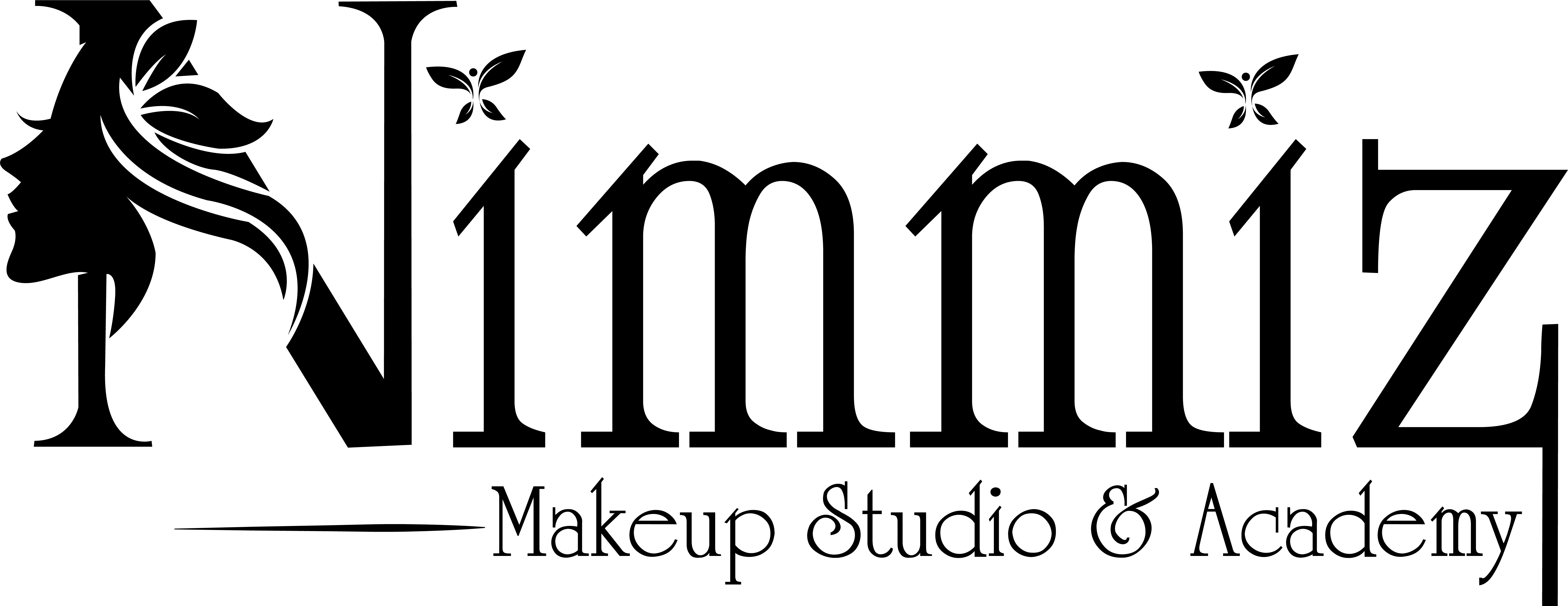
Understanding Vitamin B3, Niacin, and Nicotinamide: A Comprehensive Guide
Vitamin B3, commonly known as niacin, is an essential nutrient that plays a pivotal role in maintaining overall health. It exists in several forms, primarily niacin (nicotinic acid) and nicotinamide (niacinamide), each with distinct properties and functions. This article delves into the differences between Vitamin B3, niacin, and nicotinamide, exploring their biochemical roles, health benefits, dietary sources, and applications in skincare.
1. Vitamin B3: An Overview
Vitamin B3, or niacin, is a water-soluble vitamin that is crucial for energy metabolism and the proper functioning of the nervous system. It exists in two primary forms: niacin (nicotinic acid) and nicotinamide (niacinamide). Both forms are converted in the body to nicotinamide adenine dinucleotide (NAD), a coenzyme essential for various metabolic processes. NAD plays a vital role in redox reactions, DNA repair, and cell signaling.
2. Niacin (Nicotinic Acid)
Niacin, or nicotinic acid, is one of the two primary forms of Vitamin B3. It is found in various foods and is also synthesized in the body from the amino acid tryptophan. Niacin is essential for converting carbohydrates into glucose, metabolizing fats and proteins, and maintaining healthy skin, nerves, and digestion.
Biochemical Role:
Niacin is converted into NAD and NADP (nicotinamide adenine dinucleotide phosphate) in the body. These coenzymes are involved in numerous metabolic pathways, including glycolysis, the citric acid cycle, and oxidative phosphorylation, all of which are critical for energy production.
Health Benefits:
- Cholesterol Management: Niacin has been used to manage cholesterol levels, as it can lower LDL (bad) cholesterol and triglycerides while raising HDL (good) cholesterol. However, high doses are required for this effect, and they should be taken under medical supervision due to potential side effects.
- Cardiovascular Health: By improving lipid profiles, niacin may contribute to a reduced risk of cardiovascular diseases.
Dietary Sources:
- Niacin is present in various foods, including:
- Meat and Poultry: Chicken, turkey, and lean cuts of beef and pork.
- Fish: Tuna, salmon, and other fatty fish.
- Nuts and Seeds: Peanuts, sunflower seeds, and other nuts.
- Fortified Grains: Many cereals and bread products are fortified with niacin.
Side Effects:
High doses of niacin can lead to side effects such as skin flushing, itching, and, in severe cases, liver damage. The “niacin flush” is a common reaction characterized by redness and warmth in the skin, particularly on the face and neck. This effect is due to the vasodilation properties of niacin.
3. Nicotinamide (Niacinamide)
Nicotinamide, also known as niacinamide, is the amide form of niacin. It is produced in the body from niacin and is also available through dietary intake. Nicotinamide shares many of the biological functions of niacin but differs in its effects and applications.
Biochemical Role:
Like niacin, nicotinamide is converted into NAD and NADP in the body, playing a crucial role in energy metabolism, DNA repair, and cell signaling. However, unlike niacin, nicotinamide does not have the same pharmacological effects, such as reducing cholesterol levels.
Health Benefits:
- Skin Health: Nicotinamide is widely used in skincare products due to its anti-inflammatory properties. It helps in reducing acne, rosacea, and signs of aging by improving skin elasticity and reducing hyperpigmentation.
- Neurological Protection: Research suggests that nicotinamide may have neuroprotective effects, potentially aiding in the treatment of neurodegenerative diseases.
Dietary Sources:
Nicotinamide is found in foods such as:
- Meat and Poultry: Similar to niacin, sources include chicken, turkey, and lean meats.
- Fish: Tuna, salmon, and other fatty fish.
- Nuts and Seeds: Peanuts, sunflower seeds, and other nuts.
- Fortified Grains: Many cereals and bread products are fortified with nicotinamide.
Side Effects:
Nicotinamide is generally well-tolerated. Unlike niacin, it does not cause skin flushing. However, at very high doses, it may lead to liver toxicity. Therefore, it is important to adhere to recommended dosages.
4. Niacinamide in Skincare
Nicotinamide has gained popularity in the skincare industry due to its numerous benefits:
- Acne Treatment: Its anti-inflammatory properties help reduce acne lesions and redness.
- Anti-Aging: Nicotinamide stimulates collagen production, improving skin elasticity and reducing fine lines.
- Hyperpigmentation: It inhibits melanin production, leading to a more even skin tone.
5. The Conversion of Tryptophan to Niacin
A notable aspect of Vitamin B3 is that the body can synthesize niacin from the amino acid tryptophan. This means that, in addition to obtaining niacin from dietary sources, the body has a built-in mechanism to produce it. For every 60 mg of tryptophan consumed, the body can synthesize about 1 mg of niacin. This conversion process takes place in the liver and is dependent on several enzymes. However, it’s important to note that this conversion can be impaired if there is a deficiency in other nutrients such as vitamin B6 or iron.
The ability to convert tryptophan into niacin underscores the importance of a balanced diet that includes protein-rich foods, as tryptophan is an amino acid found in turkey, chicken, fish, eggs, and dairy products, among other protein sources.
Also read: Retinol or Niacinamide?
6. The Role of Vitamin B3 in Metabolism and Cellular Function
Both niacin and nicotinamide play essential roles in the body’s metabolic pathways, particularly those involved in energy production. NAD, the active form of both niacin and nicotinamide, is a critical coenzyme in the mitochondria, the powerhouses of the cell. NAD participates in redox reactions, which are fundamental for the production of ATP (adenosine triphosphate), the primary energy currency of the cell.
Without sufficient NAD, cellular processes like glycolysis (the breakdown of glucose for energy), the citric acid cycle (Krebs cycle), and oxidative phosphorylation (which generates ATP) would be severely hindered, leading to decreased cellular energy production. In addition to its metabolic roles, NAD is also involved in repairing damaged DNA, a function that helps maintain cellular health and longevity.
7. Niacin for Cardiovascular Health
Niacin has long been associated with cardiovascular health due to its ability to improve lipid profiles. By increasing HDL (high-density lipoprotein) cholesterol, often referred to as the “good” cholesterol, niacin can help remove excess cholesterol from the bloodstream. This is particularly beneficial in preventing atherosclerosis (plaque buildup in arteries), which can lead to heart attacks and strokes.
Furthermore, niacin is known to reduce triglyceride levels and LDL (low-density lipoprotein) cholesterol, the “bad” cholesterol, which is a major contributor to the formation of plaque in blood vessels. Despite its positive effects on lipid metabolism, the use of high-dose niacin for cardiovascular disease management is controversial, as it may cause side effects such as liver toxicity, gastrointestinal issues, and skin flushing. This is why niacin supplements should only be taken under medical supervision.
8. Nicotinamide in Skin Care
While niacin has some cardiovascular benefits, nicotinamide (niacinamide) is more widely recognized for its skincare benefits. This form of Vitamin B3 is commonly found in topical treatments and has been extensively studied for its ability to improve the appearance and health of the skin.
Anti-Inflammatory Effects: One of the key benefits of nicotinamide is its anti-inflammatory properties. It has been shown to reduce the severity of inflammatory skin conditions such as acne and rosacea. Nicotinamide works by inhibiting the production of pro-inflammatory cytokines and enhancing the skin’s natural barrier function. This can lead to a reduction in redness, swelling, and irritation, making it an effective treatment for acne-prone skin.
Improving Skin Elasticity and Reducing Fine Lines: Another remarkable property of nicotinamide is its ability to stimulate collagen production, which improves skin elasticity. As we age, collagen production in the skin decreases, leading to the formation of wrinkles and sagging. Nicotinamide’s role in stimulating collagen production helps maintain skin firmness and smoothness, making it an excellent ingredient in anti-aging skincare products.
Brightening and Reducing Hyperpigmentation: Nicotinamide has been found to inhibit melanin production, which helps reduce hyperpigmentation and uneven skin tone. It is particularly effective in lightening dark spots, sun spots, and age spots, leading to a more even complexion. Additionally, its ability to block melanin synthesis makes it a common ingredient in products designed to treat melasma and other forms of hyperpigmentation.
Enhancing Skin Barrier Function: Nicotinamide also strengthens the skin’s natural barrier by increasing the production of ceramides. Ceramides are lipid molecules that help form the outermost layer of the skin, providing a protective barrier against environmental stressors such as pollutants, bacteria, and irritants. By improving the skin barrier, nicotinamide helps retain moisture and prevent dehydration, leaving the skin soft, smooth, and hydrated.
Acne Treatment: Studies have shown that topical nicotinamide can reduce the size and severity of acne lesions. This is likely due to its ability to reduce inflammation, control sebum production, and inhibit the growth of acne-causing bacteria. Many acne treatments now include nicotinamide as an active ingredient due to its ability to address multiple facets of acne pathogenesis.
Sun Protection: While nicotinamide does not replace sunscreen, it has been shown to provide some level of protection against UV-induced skin damage. In clinical studies, nicotinamide has demonstrated the ability to reduce the risk of sunburns and the formation of DNA damage caused by UV radiation. This makes it a valuable adjunct to sun protection strategies.
9. Choosing the Right Form of Vitamin B3
The decision to use niacin (nicotinic acid) or nicotinamide (niacinamide) depends on the specific health goals and concerns of the individual. For those looking to manage cholesterol levels or improve cardiovascular health, niacin may be a suitable choice, though it should be used under medical guidance due to the potential for side effects.
On the other hand, individuals seeking to improve skin health or address conditions like acne, hyperpigmentation, or signs of aging may benefit more from nicotinamide. This form of Vitamin B3 is non-irritating, well-tolerated, and has been extensively researched for its skincare benefits.
Also read: Is Niacinamide Good for Acne-Prone Skin?
Conclusion
In summary, Vitamin B3, which encompasses both niacin (nicotinic acid) and nicotinamide (niacinamide), plays a crucial role in overall health, from energy metabolism to DNA repair. While both forms of Vitamin B3 are involved in the production of NAD, they have distinct uses and applications. Niacin is primarily beneficial for cardiovascular health, while nicotinamide is widely recognized for its positive effects on the skin, including anti-aging, anti-inflammatory, and hyperpigmentation-reducing properties.
It’s important to understand the differences between these forms of Vitamin B3 to choose the one that best suits your health and skincare needs. Whether through dietary sources or topical skincare treatments, ensuring adequate intake of Vitamin B3 can have a profound impact on your well-being, both inside and out.
Support us by purchasing from our Affiliate Links:
Foxtale 12% Niacinamide Face Serum with Azelaic Acid | Reduces Acne, Blemishes & Acne Marks
Foxtale 5% Niacinamide Face Serum | Fades Blemishes & Acne Marks | Reduce Dark Spots
Disclaimer:
All the information provided in this article is for educational purposes only. It is important to consult a healthcare professional or dermatologist before making any decisions regarding the use of niacin, nicotinamide, or any other supplements or skincare treatments.

